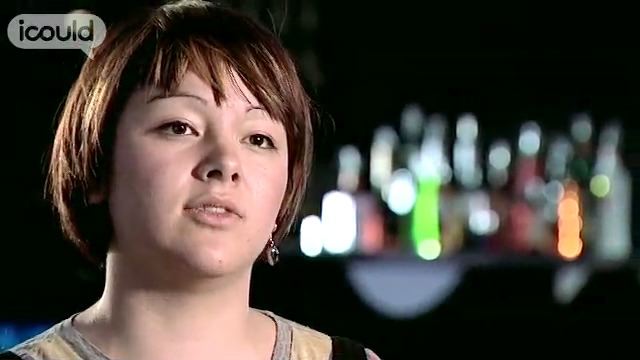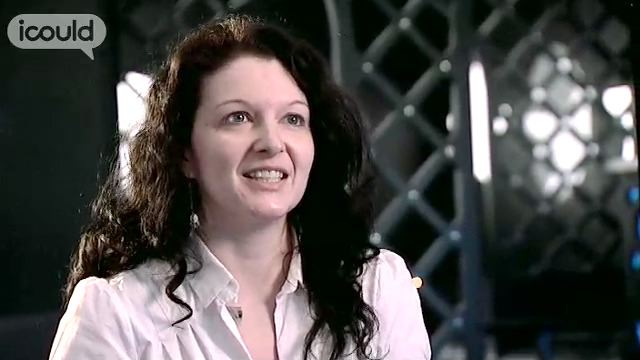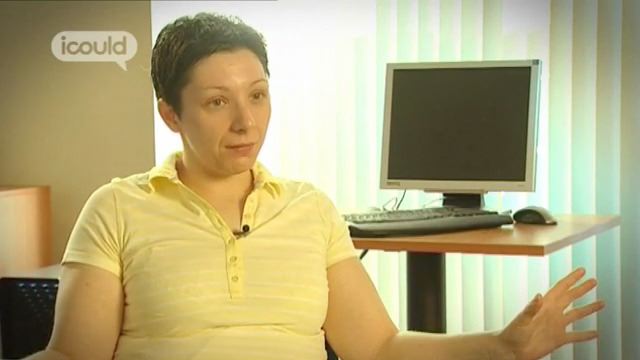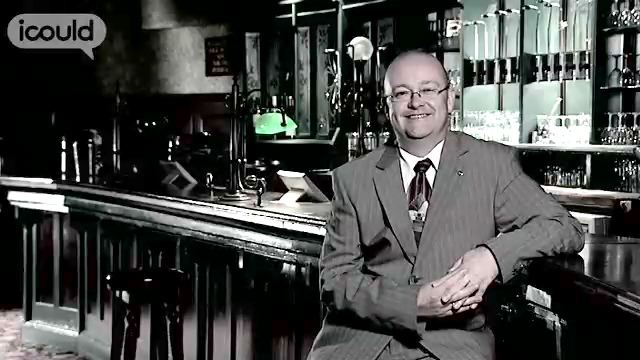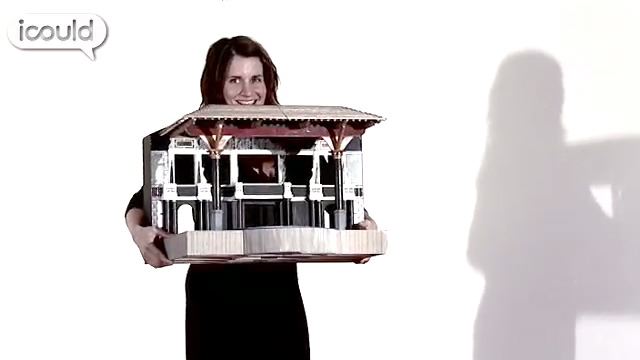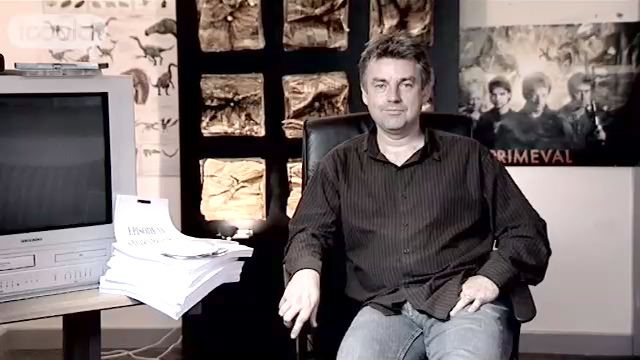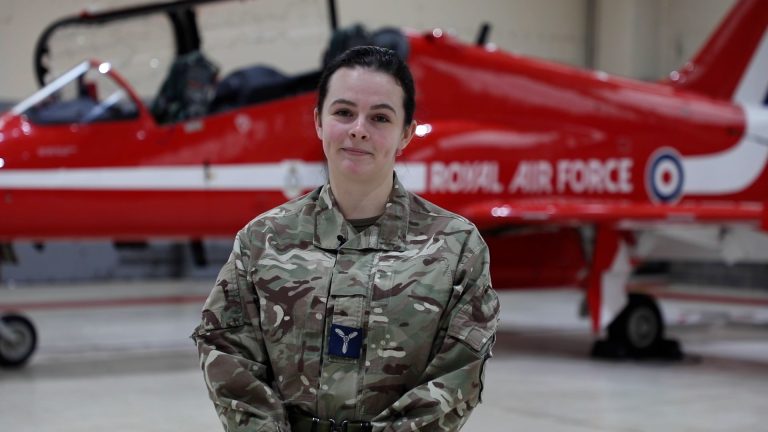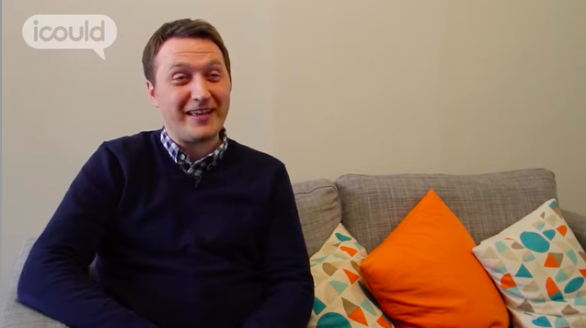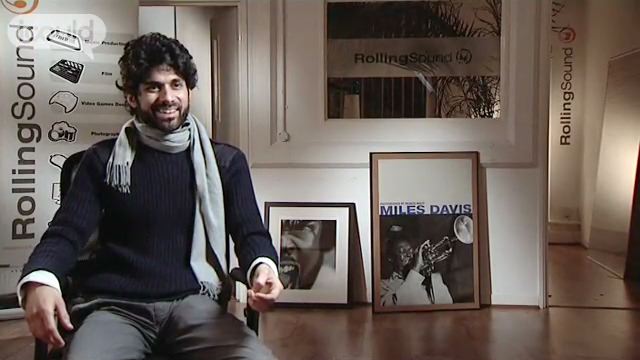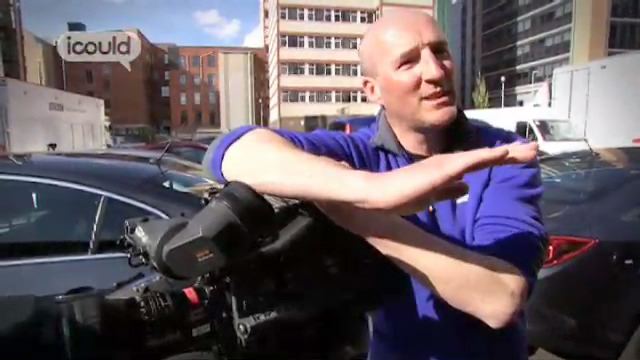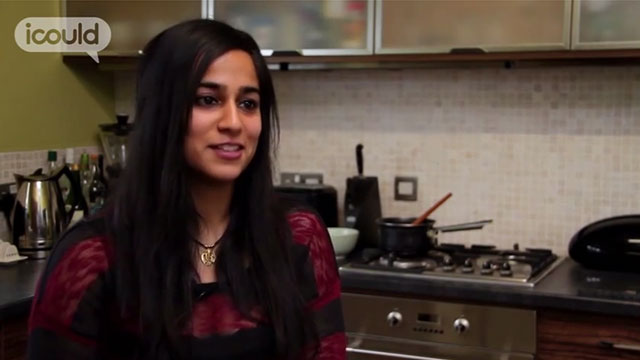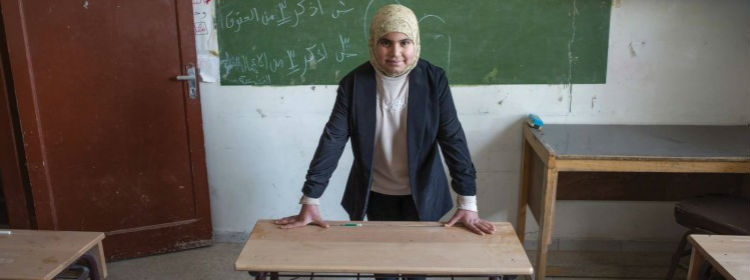Explore: Media
Head of Department, Animation and Childrens
Tiger Aspect
info Issues viewing the video?
|
|
TOM B |
|
00:02 |
So I’m Tom B and I’m head of animation and children’s for Tiger Asspect Productions. |
|
00:06 |
This is overseeing the whole of the output and programming for children’s for Tiger Aspect, so Tiger Aspect is drama and comedy and factual, so I look after the kid’s section. So that’s developing new shows, as well as looking after the shows that we’ve already produced, so for Charlie and Lola, you know, we’re still doing lots of merchandise and the releases that go with that, so overseeing the brad management. |
|
00:30 |
OK, so I didn’t know I wanted to go in for animation and kids, it wasn;t always what I wanted to do. So at uni I was doing advertising and commercial, so I came out to be an advertising art director, copywriter and then that’s what I tried to get into and then, awkward story, met someone at a party who was doing something in commercials and then got the other side of the camera and started running on live action shoots. So I did all the running up he ladder that way to, you know, from that side of things, so assistant director to production managing commercials and pop videos and then someone offered me a job in animation and it was longer projects, it was a two year project and after four week turn arounds on pop videos and commercials, which, you know, after a while can be quite intense, so when someone said, you’ll know what you’re doing in year’s time on a Monday, it sounded quite good. |
|
01:22 |
I mean freelance is good because it’s a varied amount of jobs but, you know, you haven’t got the security of a job and also it’s a weird thing, but you have to be nice every day. You know, on a freelance job you have to turn up so, you’d go on to shoot as an assistance director, you’ve got to be on it and on the ball and in a full time job, I know it’s not the reason why I’ve got it, but if you have an off day, you know, you’ve still got that job and then the next day you’re back to normal again. No-one’s gone, oh Tom was grumpy on that one day shoot, we’re not having him back again. |
|
01:55 |
So after school, went the art route, went to foundation year after, it was an art foundation, so that’s the year when you kind of have a much bigger play time on art, you sort of, for me that was my changing point because you go through school and it’s very sort of, you know, these are the boxes you do and even the art side of things is very much you have to do this in an exam and then you go to foundation year and just go, right, here’s a room, fill it with what you want and let your hair down and I was kind of like, this is amazing. So I kind of really grew up in personality at that stage as well, cos it kind of let me just run with things. So I did the foundation year and then progressed through into university, so I did a course called visual communications, which is a jack of all trades thing, so it’s a bit of animation, a bit of photography, bit of graphic design and I specialised in advertising. |
|
02:42 |
So my first job after university, I actually went back home to my parents and worked in a supermarket because I wanted to come to London. I’m a bit of a romanticist, you know, London was where I wanted to go, it was the big city, bright lights, where the streets are paved with gold, so that’s why I wanted to go there and get a job. But I needed cash really, so I could make that move. I mean my parents could support me, but I also needed to do that to get enough to move down, so I initially wanted to move down too to get into advertising, so and it was a really weird thing, it was an art director, copywriter pairs , that’s how it works in the advertising industry and I spent a lot of time trying to find a partner to do that. It was like trying to find someone to marry and in the end that wasn’t for me, so and that’s when I got into the whole other side of the camera. |
|
03:33 |
So my advice would be persistence for somebody starting out, I think, you know, So when I started out and I really wanted to get into production, so I wanted to get into commercials and pop video productions, I got a list of all the production outfits within London and I went down and I sent a CV to all of them and then I cold called them afterwards and followed up with that so that, you know, you didn’t just didn’t hear anything, oh well, here we go, you know, you just kept calling and then, after a while someone said all right, come in, you annoying person and spend a week and I did a, you know, free week doing work experience, whatever you call it, unpaid work, which is not very good, but, you know, at that stage what was what you did and then it kept on and I got further on from there. I mean there’s other sort of things I did, you know, I prnted my CV on fluorescent yellow paper, so I called up and said have you got my CV, I’m not sure, well it’s the bright yellow fluorescent, oh yeah, here it is, you know, cos it stuck out from everything else. So that was kind of my advertising then, trying to stick out, sort of influence to help me get jobs or noticed. |
|
04:34 |
End of Tom B |
Tom discovered a love of art at school, which he built on through an art foundation course and then decided to broaden out his skills through a visual communications degree. His goal was to work in the advertising industry, which he achieved but then went on to develop an interest television. He now heads up the childrens and animation team at Tiger Aspect.
More information about Arts officers, producers and directors
Data powered by LMI For All
£60,840
average salary
The UK average salary is £29,813
38
average weekly hoursThere are 37.5 hours in the average working week
61%
male
39%
female
The UK workforce is 47% female and 53% male
Future employment
Future employment
Description
Arts officers, producers and directors assume creative, financial and organisational responsibilities in the production and direction of television and radio programmes, films, stage presentations, content for other media, and the promotion and exhibition of other creative activities.
Qualifications
Entry can be via academic qualifications, BTEC/SQA awards, diplomas or degrees in sector-relevant subjects. Apprenticeships are available at NVQ Levels 2 and 3 in some areas.
Tasks
- Chooses writers, scripts, technical staff and performers, and assumes overall responsibility for completion of project on time and within budget
- Directs actors, designers, camera team, sound crew and other production and technical staff to achieve desired effects
- Breaks script into scenes and formulates a shooting schedule that will be most economical in terms of time, location and sets
- Prepares rehearsal and production schedule for main events, design of sets and costumes, technical rehearsals and dress rehearsals
- Ensures necessary equipment, props, performers and technical staff are on set when required
- Manages health and safety issues
- Selects, contracts, markets and arranges for the presentation and/or distribution of performance, visual and heritage arts
Employment by region
Top 10 industries for this job
Employment activities
22004
Film & music
19481
Computer programming, etc
14370
Sport & recreation
10585
Arts & entertainment
9929
Broadcasting
6004
Advertising, etc
5131
Libraries, etc
4182
Gambling
2806
Legal & accounting
2069
Employment status
Related career stories
⇦
⇨
